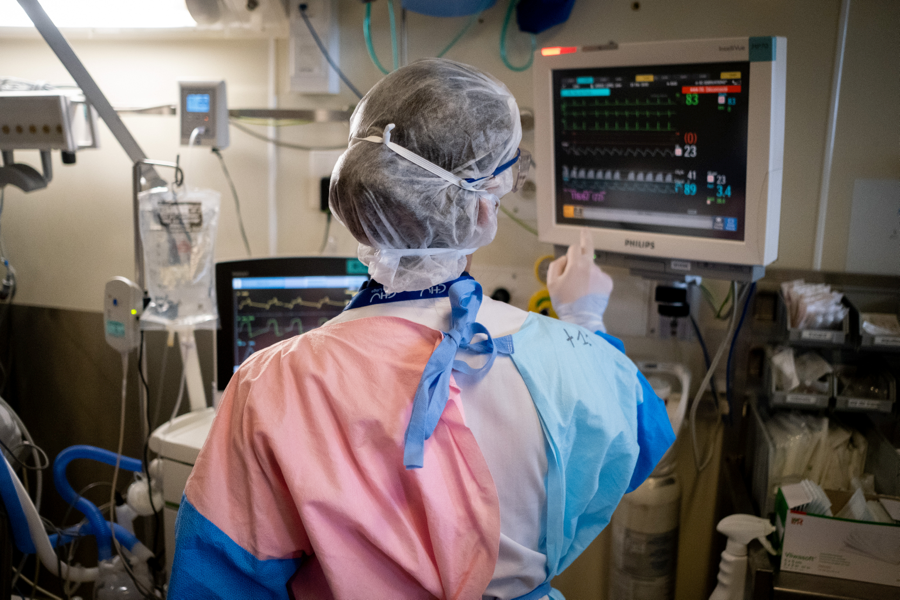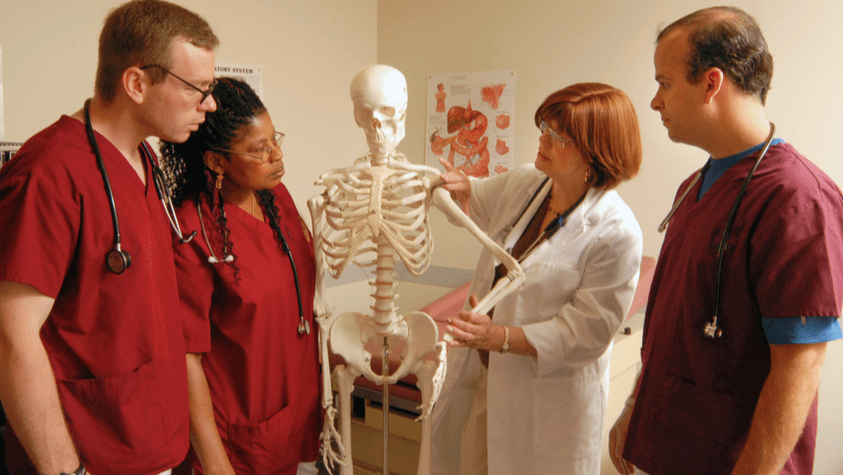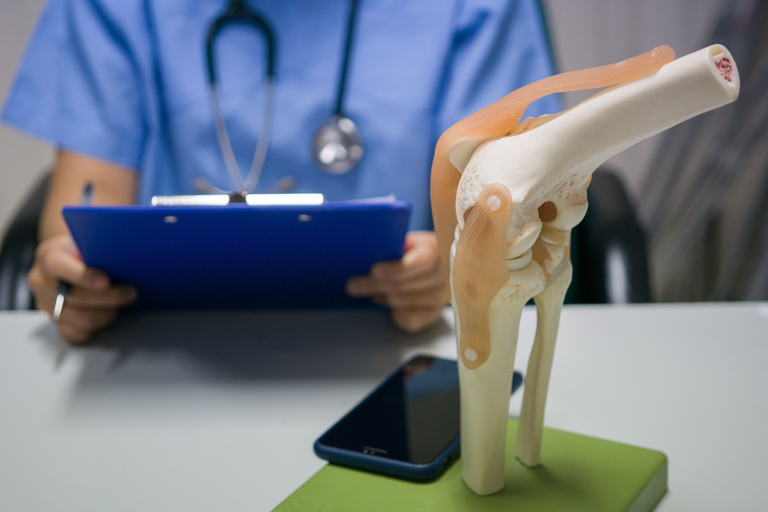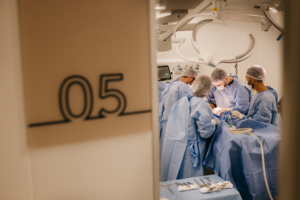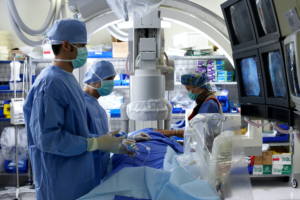
Home » Nursing Careers » Genetics Nurse
Genetics Nurse
- Updated August 10, 2023
- by EveryNurse Staff
Table of Contents

Genetics nursing is a specialized field within the nursing profession that focuses on providing care and support to individuals and families who are at risk for or affected by diseases with a genetic component. Genetic nurses play a crucial role in assessing and analyzing genetic risk factors, educating patients and their families, and providing direct patient care. If you have a passion for genetics and a desire to make a difference in people’s lives, a career in genetics nursing may be the perfect fit for you. In this comprehensive guide, we will explore the education requirements, certifications, job opportunities, and salaries in the field of genetics nursing.
What Is a Genetics Nurse?
A genetics nurse, also known as a genetic nurse or a genetic counselor, is a registered nurse who has received additional education and training in genetics and genetic counseling. These highly skilled professionals possess a deep understanding of the genetic basis of diseases and conditions, as well as the impact they have on individuals and families. They work closely with physicians, geneticists, and other healthcare professionals to provide specialized care and support to patients with genetic disorders.
What Does a Genetics Nurse Do?
Providing Direct Patient Care
Conducting Genetic Research
Educating Patients and Families
How to Become a Genetics Nurse
1. Earn a Bachelor of Science in Nursing (BSN) Degree
2. Obtain an RN License
After completing your BSN degree, you must obtain a Registered Nurse (RN) license to practice nursing. To become licensed, you must pass the NCLEX-RN exam, which tests your knowledge and competency in nursing practice. Once you have your RN license, you can start working as a registered nurse and gain valuable experience in patient care.
3. Gain Experience in Genetics Nursing
To specialize in genetics nursing, it is important to gain experience in the field. You can start by working in hospitals, clinics, or other healthcare settings that offer genetics services. This will allow you to develop your skills in genetic assessment, counseling, and patient care. Seek out opportunities to work with genetics specialists and attend continuing education programs to expand your knowledge in genetics nursing.
4. Obtain Advanced Genetics Nursing Certification
While not mandatory, obtaining certification as an Advanced Genetics Nurse can enhance your career prospects in genetics nursing. The American Nurses Credentialing Center (ANCC) offers the Advanced Genetics Nursing Certification (AGN-BC) for qualified nurses. This certification validates your expertise in genetics nursing and demonstrates your commitment to professional development and excellence in the field.
5. Consider Advanced Education
While a BSN and RN license are the minimum requirements for entering the field of genetics nursing, many genetics nursing positions require a Master’s of Science in Nursing (MSN) degree with a specialization in genetics nursing. An MSN program with a genetics nursing emphasis provides advanced training in genetic assessment, counseling, and research. It equips nurses with the knowledge and skills needed to provide specialized care to patients with genetic conditions, and can lead to higher-level positions, such as genetics nurse practitioner or genetics nurse researcher.
Job Opportunities and Work Settings for Genetics Nurses
Specialty Genetics Clinics
Prenatal and Reproductive Specialty Centers
Hospitals and Cancer Centers
Specialty Medical Practices
Research Centers and Academic Institutions
Highest Paying RN Careers
Genetics Nurse Salary
Genetics nursing is a growing field, and genetics nurses are in high demand. According to Zip Recruiter, the national average salary for genetics nurses is around $88,377, which equates to approximately $42 per hour. Salaries range from $54,000 to $124,499 depending on factors such as years of experience, education level, geographic location, and the type of healthcare institution a person is employed.
The job outlook for genetics nurses is promising, with a projected growth rate of 6% from 2021 to 2031, which is a similar rate of growth for all occupations. This increased demand is driven by advances in genetic research and the growing recognition of the importance of genetics in healthcare.

